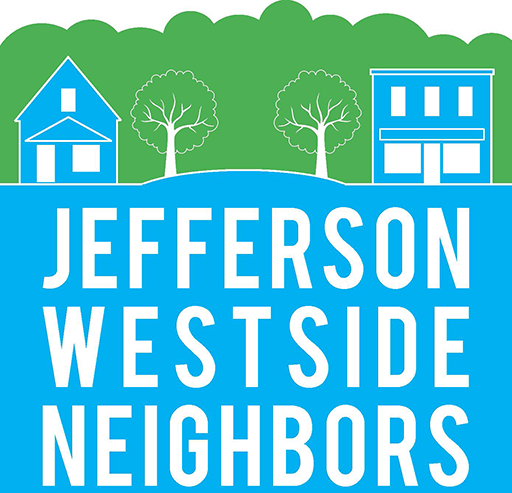January General Meeting
Join us on January 12 Tuesday 6:30-8:30PM
We will send out a Zoom link to everyone on the eNews list, volunteer lists, or contact us at jwneugene@gmail.com for a link and access code.
On the Agenda:
- Challenges and Opportunities for 2021: A Neighborhood discussion on priorities
Let’ share a meal. Order out from one of our many excellent local restaurants!
- January is normally a pizza party, and TrackTown Pizza donates pies, but this year they are providing a special JWN discount that day, mention Jefferson Westside Neighbors and get a medium pizza, two toppings, for $11 (about half off!)
- Cornbread Cafe now has an Early Bird Special every day between 11-1. It’s $2 off for all sandwiches and the cafe’s large build-your-own meal.
